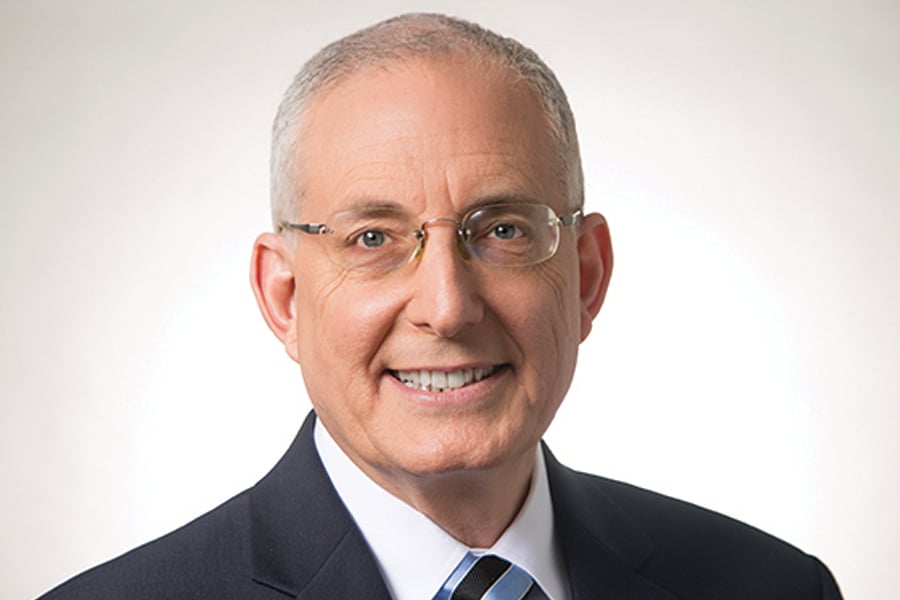

Ed Slott notices an odor wafting from traditional individual retirement accounts. It’s the stench of taxes, and he says time is running out for retirement savers to move their money to a better place.
Changes ushered in by landmark retirement savings legislation known as the SECURE Act have diminished the value of IRAs as a vehicle for passing a nest egg to the next generation, Slott said. The bill set a time limit of 10 years for most beneficiaries to liquidate an inherited IRA.
“IRAs are now an awful, horrible asset to use for wealth transfer and estate planning,” Slott said Monday at the InvestmentNews Retirement Income Summit in Chicago. “They stink.”
It’s not just the new time limit that undermines IRAs' usefulness for sending money to the next generation. It’s also the fact that when the time comes for inheritors to take a required minimum distribution, they will have to pay taxes on the money that has accumulated in the accounts.
The money was put into IRAs on a tax-deferred basis. The government gets its share when the funds are withdrawn.
“An IRA is an IOU to the IRS,” Slott said.
There is urgency around taking money out of IRAs now and putting it elsewhere — like a Roth IRA — despite the tax hit, Slott said. A 2017 tax reform law lowered individual rates, but that provision is set to expire in late 2025, along with several others in the measure.
Divided control of Congress makes any substantial tax legislation difficult to pass. That means that taxes likely will go in one direction — up. Slott said that makes transferring money from an IRA now imperative.
“Get it out at the lowest tax rate,” Slott said. “It’s a bargain now. Taxes are on sale.”
Slott recommended that money withdrawn from traditional IRAs instead be allocated to Roth IRAs, where it can grow until being withdrawn tax-free. Another good landing place is life insurance, where cash also can be withdrawn tax-free. He also recommended using IRA distributions for charitable giving for clients who must take RMDs. Doing so avoids taxes on the withdrawals.
Slott said all of those options have a better “aroma” than a traditional IRA.
Clients don’t necessarily consider that passing an IRA down to their children and other beneficiaries can saddle them with a big tax burden. They also can be hammered by taxes in their lifetime when RMDs give them a high income even though they’re not working.
Advisors have to explain the situation. Slott likened it to Margaret Mitchell starting to write "Gone with the Wind" from the last chapter.
“You have to begin with the end in mind,” he said. “Show them what they’re getting for their money.”

A new proposal could end the ban on promoting client reviews in states like California and Connecticut, giving state-registered advisors a level playing field with their SEC-registered peers.

Some in the industry say that more UBS financial advisors this year will be heading for the exits.

The Wall Street giant has blasted data middlemen as digital freeloaders, but tech firms and consumer advocates are pushing back.

Research reveals a 4% year-on-year increase in expenses that one in five Americans, including one-quarter of Gen Xers, say they have not planned for.

Raymond James also lured another ex-Edward Jones advisor in South Carolina, while LPL welcomed a mother-and-son team from Edward Jones and Thrivent.
Orion's Tom Wilson on delivering coordinated, high-touch service in a world where returns alone no longer set you apart.
Barely a decade old, registered index-linked annuities have quickly surged in popularity, thanks to their unique blend of protection and growth potential—an appealing option for investors looking to chart a steadier course through today's choppy market waters, says Myles Lambert, Brighthouse Financial.
